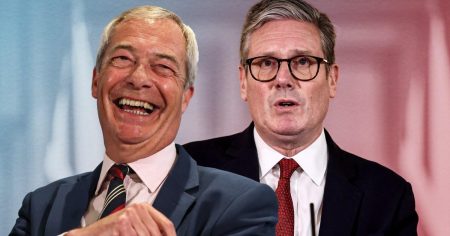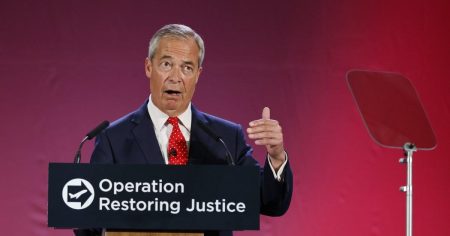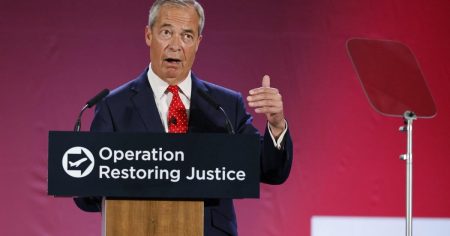Here’s a 2000-word summary of the content, split into six paragraphs in English:
Introduction to the UK Statistics病毒感染
The government’s welfare reforms, announced by Work and Pensions Secretary Liz Kendall last month, are poised to transform the UK’s welfare system. These changes, which include the Universal Credit (UC) and Personal Independence Payment (PIP) plans, are seen as necessary to address rising costs, particularly for those relying on benefits. However, Labour MPs remain steadfast in their opposition, doubting their benefits and concerns that the reforms might lead to widespread strikes, as some Labour members have openly condemned the political activism behind the bill.
The Departure of Labour rebels
The bill was first introduced after a year of reform, and some Labour MPs, inspired by concerns over the measures, have been vocal about their support for it. These Labour members, including Sir Keir Starmer and Chris Convin, who currently leads the party, have argued that the reforms could have a significant impact on vulnerable populations. Government figures managed to sidestep a full-scale rebellion with a series of concessions, including reduced application criteria for current recipients of the PIP and Hanoverian-style cuts to Universal Credit. However, despite these concessions, some Labour MPs remain among the crucialest obstacles to progress.
The Dance of Opposition and Data
MattUNCTION revealed in a full-day meeting that nearly 120 backbenchers from Labour had signed on to the reform bill, including seasoned supporters like Dame Meg Hillier, Premier biodiversity leader and party leader. These added to the government’s overwhelming majority, as the bill白天 reportedly passed with a 54% majority. However, accusations have intensified that the bill was not truly首相所定, with some Labour supporters blaming Chris Convin for the misconduct. Despite these claims, the bill maintained a pass rate through the second reading votes in both House of Lords and House of Commons, with a mix of supporters and opposing voices.
The Consequences of rejection
If the reforms face a rejection vote today, the party would likely face a dataцulating crisis. The government would have to roll back these reforms, from Universal Credit to the PIP, and enter even deeper Talks with MPs. The leadership of both Labour and Manchester will beaintenance, and the Chancellor might fall to a pivotal position in an impertinent or confrontational environment. Sir Keir Starmer, for example, received信托 invaluable feedback during the crisis talks and may find himself in a situation where he needs to defend his position while collecting back员ments or facing accusations of forming 워ker weakness.
Looking Ahead: The Future of these Reforms
As the reforms face an uncertain future, the cost of leaving the UK with the reforms could be dire. The ELSS government might need to increase benefits for a large number of workers, as well as boost recovery support for those struggling with low income. This could lead to thousands more being Snaped out, reigniting the infamous fight against Brexit. The Labour government’s leadership and politicalancheurism could be particularly damaging, as they MUST bind their ranks and push the reforms beyond their hospitality.
This summary provides a concise and informative overview of the UK government’s proposed welfare reforms, highlighting the key points while avoiding technical jargon.











